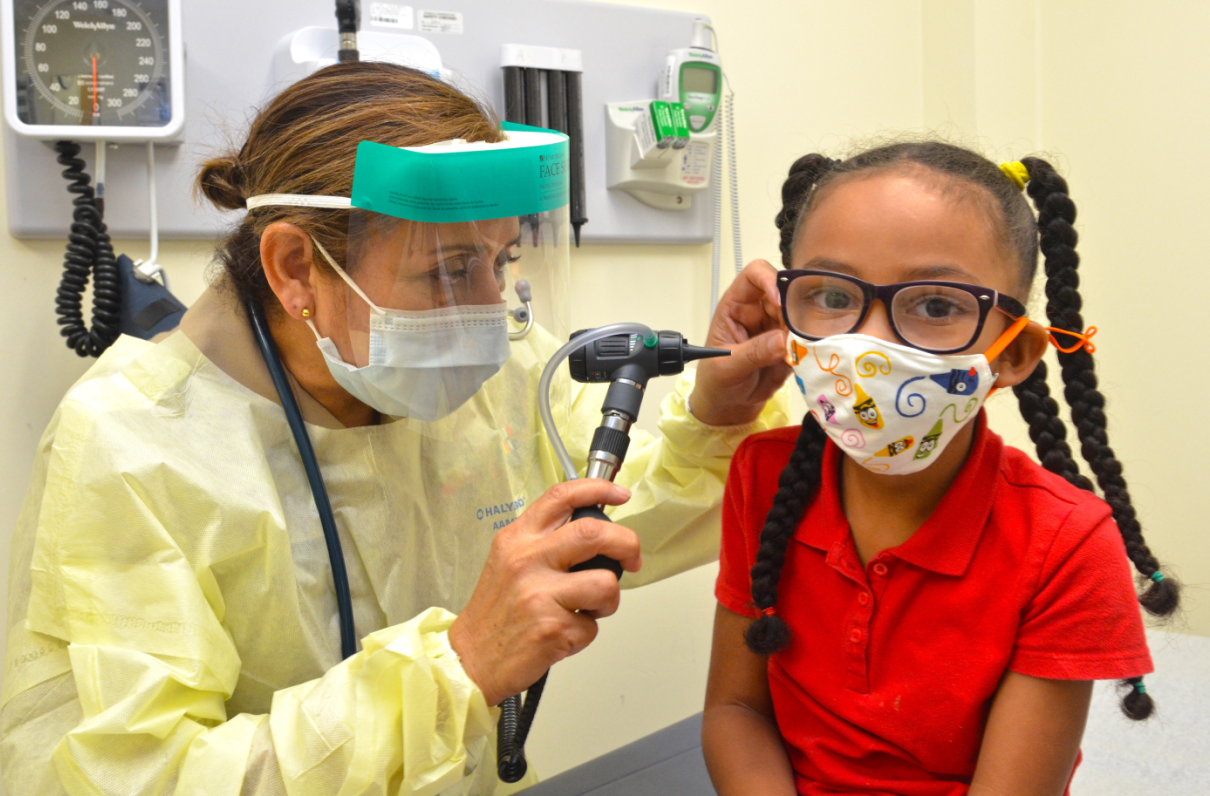As the FY 2022 National Defense Authorization Act (NDAA) moves toward conference, where the House and Senate will reconcile differences between their versions of the bill, MOAA remains focused on supporting a key provision to ensure continued beneficiary access to quality health care.
Section 721 of the House bill – which has already passed its chamber – would halt DoD’s plan to cut medical billets for a year following the enactment of the FY 2022 NDAA. It also would require a Government Accountability Office (GAO) report on the analyses used to support billet cut plans, including an evaluation of medical manpower requirements and the effect of billet cuts on local health care networks.
The Senate NDAA, while still subject to floor amendments and debate, does not include this language at present. Keeping the House section in the final bill will be critical to preventing planned cuts from corroding your earned health care benefit.
A recently released DoD report to Congress gave us the first glimpse at how medical billet cuts might impact individual military treatment facilities (MTFs) but offers few details on specific positions to be cut or mitigation plans for impacted beneficiaries. It also raises the following concerns:
- Most eliminated billets will be replaced either with civilian hires or contract personnel, or absorbed by remaining MTF staff. However, the report does not indicate what, if any, analysis has been done to assess the feasibility of hiring civilian replacement personnel or the ability of current staff to absorb additional workload.
- Medical billet cuts have been reduced from 17,005 in the original proposal to 12,801 – a move driven primarily by the Army, which accounted for 95% of the adjustment. The medical billet cuts proposed by the Navy and Air Force appear to remain almost unchanged, and MOAA remains concerned lessons learned regarding Military Health System surge capacity requirements and limits to civilian provider availability have not been fully considered in the Navy and Air Force plans.
[RELATED: A Major Pharmacy Provider Is Rejoining the TRICARE Network. Another Is Leaving]
- Although many of the cuts are for administrative or other nonclinical positions, there are still a substantial number of medical provider billets proposed for elimination, including 779 physicians and 1,081 nurses.
- MOAA also is concerned about significant cuts planned for pediatrics and mental health billets – areas already are under strain in the civilian health care system.
While MOAA supports military health system reforms aimed at enhancing the focus on medical provider readiness, the recent report to Congress indicates DoD has not conducted the analysis and feasibility assessments necessary to ensure continued access to quality care for beneficiaries.
MEDIPLUS® TRICARE Supplement
Works hand-in-hand with your Select or Prime Plan. Count on valuable protection.

